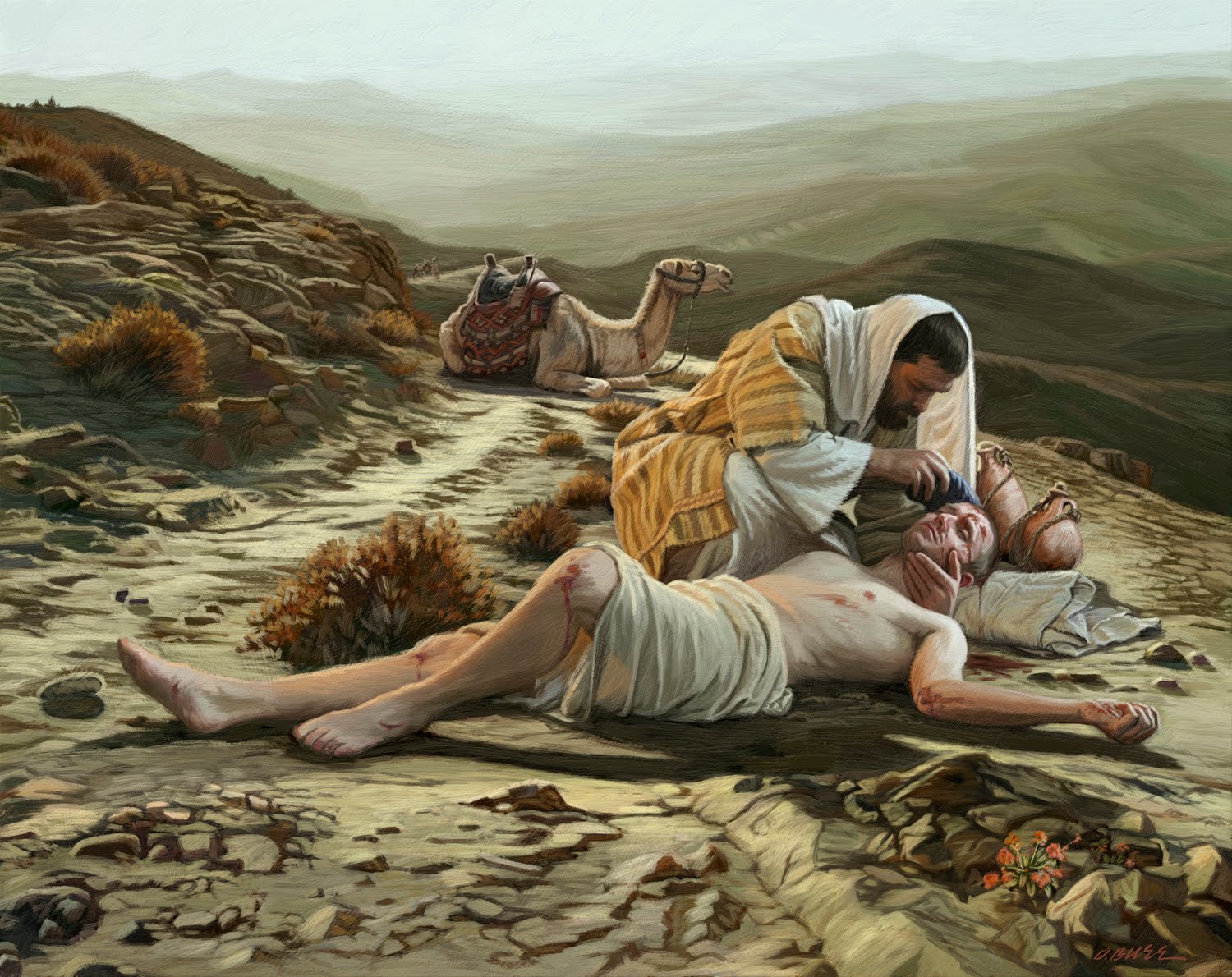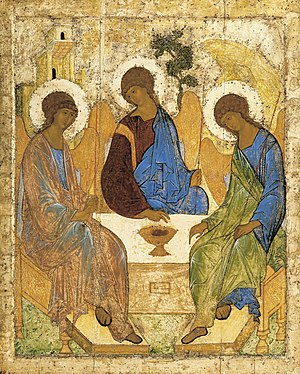XVII SUNDAY IN ORDINARY TIME - Luke 11:1-13
The disciples were impressed by the way Jesus prayed. And they would like to learn from him. This desire led one of the disciples to make a request that we must repeat time and again: Lord, teach us to pray. Indeed, we do not know how to pray and what to pray for.
As a model for prayer, Jesus taught them the “Our Father”, the prayer that distinguishes us as Christians. Addressing God as Father, we declare ourselves to be his children, recognising his loving care, which fills us with trust and confidence. As we feel loved by God, we can approach him without fear and we can present to him all our needs. Calling God “our Father”, we affirm that we are linked to everybody else with strong bonds of brotherhood. We belong to the same family and together we acknowledge His love and affection. Then, we present before him our requests. And we pray: “Hallowed be your name” as if God’s name was not holy and our prayer would make it holy. However, it is not so, since God is the Holy One, without any shadow of evil or imperfection. In fact, we are addressing Him in an act of praise and thanksgiving, proclaiming that He is holy and asking that his holiness may be present in us. In the Law of Moses, God told the people of Israel what he is repeating to each one of us: “You shall be holy, for I the Lord your God am holy” (Lev 19:2).
And we pray that his “kingdom come”, that is we pray for a human society in which God may be present and recognised as the giver of life; may God’s presence be manifest in a worthy existence, where our human dignity is recognised and where each one of us finds what he needs for a worthy existence (the “daily bread). God’s kingdom can only manifest itself in reconciled society; thus we pray for the forgiveness of sin, which is granted by God on the condition that we are ready to be merciful and to forgive those who are “in debt to us”. Prayer cannot be an individualistic exercise; in all its dimensions, prayer connects us to all brothers, that is to the community, to the Church.
As we pray, we recognise that because we are weak and vulnerable, we go astray and easily fall prey to temptation. In order to find guidance, discernment and the strength to make the right choices, we pray: “lead us not into temptation”.
God always gives us the best, especially the best of all - the Holy Spirit. Jesus teaches us to have confidence in the love and care of the Father and to be persistent in prayer. We must approach God as someone who feels lost or as someone who is drowning and with desperation grasps the lifebuoy thrown at him.
“So I say to you: Ask, and it will be given to you; search, and you will find; knock, and the door will be opened to you. For the one who asks always receives; the one who searches always finds; the one who knocks will always have the door opened to him.”

_Vermeer_-_Christ_in_the_House_of_Martha_and_Mary_-_Google_Art_Project.jpg/300px-Johannes_(Jan)_Vermeer_-_Christ_in_the_House_of_Martha_and_Mary_-_Google_Art_Project.jpg)




